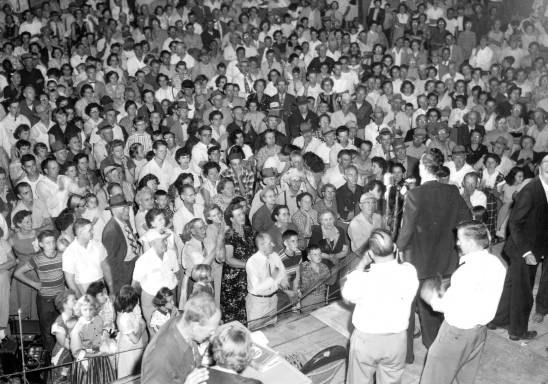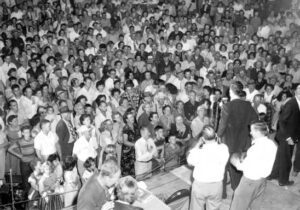It’s been 70 years since the 1954 failed desegregation attempt at Milford High School.
It would be eight years later, 1962, when desegregation efforts finally saw success.
On Saturday, April 6, a film about that endeavor, “In Due Course: Integrating Milford High School,” will premiere at 1 p.m. at the Milford Public Library, hosted by the Milford Museum Series.
A documentary from Delaware studio 302 Stories, “In Due Course” explores the underlying reasons that facilitated the major shift in community values.
‘’I explore topics in line with my personal values, and also share what I’ve learned with others in a platform that I believe is most effective,” said director Michael Oates said.
Through interviews, the movie sheds light on Milford’s Black history relative to the 1954 Supreme Court’s decision Brown v. Board of Education.
Those interviewed for the film include Ed Kee, co-author of “The Milford Eleven;” Edna Turner Sharp, one of the 1954 Milford 11); Charles Hammond Jr., and Josephus Clark, two of the 1962 Milford 7; Edward Steiner and Dr. Karl Western, White Milford High School students in 1954; Dr. Reba Hollingsworth, a Milford native who became an educator; and Dr. Alvin Turner, Edna’s younger brother.
Oates will attend the screening and participate in a question-and-answer session after the viewing.
“I have always been interested in telling stories and learning,” he said. “My chosen career as a digital storyteller has allowed me to do both.”
He opened 302 Stories, a film studio focused on education, the environment and community change, in 2000 after an Emmy nomination for “Dollars on the Beach,” a self-funded broadcast documentary on the emerging Horseshoe Crab/Shorebird management controversy in Delaware Bay.
For more information, please contact the Museum at (302) 424-1080, [email protected].
This program is partially funded by Delaware Humanities and Berkana, Center for Media and Education Inc.
Share this Post





